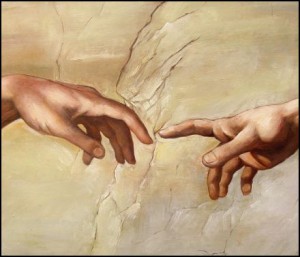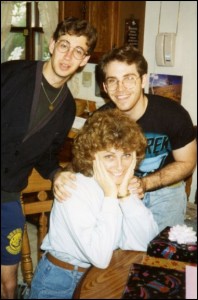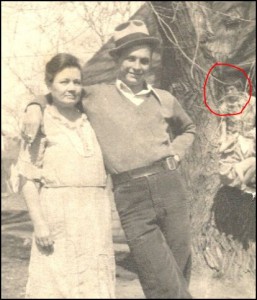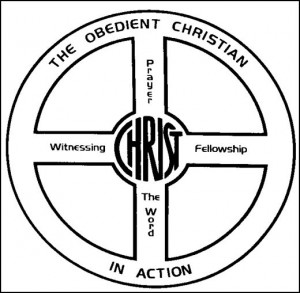Haggai 1:7 says, “Thus says the LORD of hosts: Consider your ways.” This phrase appears six times in the book. It’s a call to reflect on 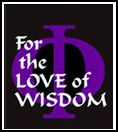 life as a whole and my own life in particular. Socrates said, “The unexamined life is not worth living.” I would argue that the wise man of scripture is the one who is always “considering” his ways or examining his life. Many Christians hold a little disdain for Philosophy. They shouldn’t! Philos means love and Sophia means wisdom. It’s the wise man in Proverbs who loves wisdom.
life as a whole and my own life in particular. Socrates said, “The unexamined life is not worth living.” I would argue that the wise man of scripture is the one who is always “considering” his ways or examining his life. Many Christians hold a little disdain for Philosophy. They shouldn’t! Philos means love and Sophia means wisdom. It’s the wise man in Proverbs who loves wisdom.
The most profound reflection is “where did I come from?” I discussed that briefly yesterday. Another question is “why am I here?” Jean-Paul Sartre answered that question by contending that “all of life is an empty bubble on the sea of nothingness.” Of course that proceeds from the answer to the first question. If there is no creator, there is no purpose. If all life evolved by chance, life can have no true significance or meaning beyond the day to day pains and pleasures of life.
Those who believe Genesis 1:1, “In the beginning God…” answer the second question much differently and therefore, they view life much differently. Christians often speak of the abundant life in which we exist to glorify God and to enjoy Him forever. I am always astounded when unbeliever’s find themselves facing questions that are totally unanswerable because they assume the validity of the evolutionary hypothesis regarding the first question. Even Sigmund Freud said, “Only religion is able to answer the question of the purpose of life. One can hardly go wrong in concluding that the idea of a purpose in life stands and falls with the religious system.”
It’s simple: No God, No purpose! Know God, Know Purpose!
Chuck
“Do not abandon wisdom, and it will watch over you. Love wisdom, and it will protect you.” Proverbs 4:6

